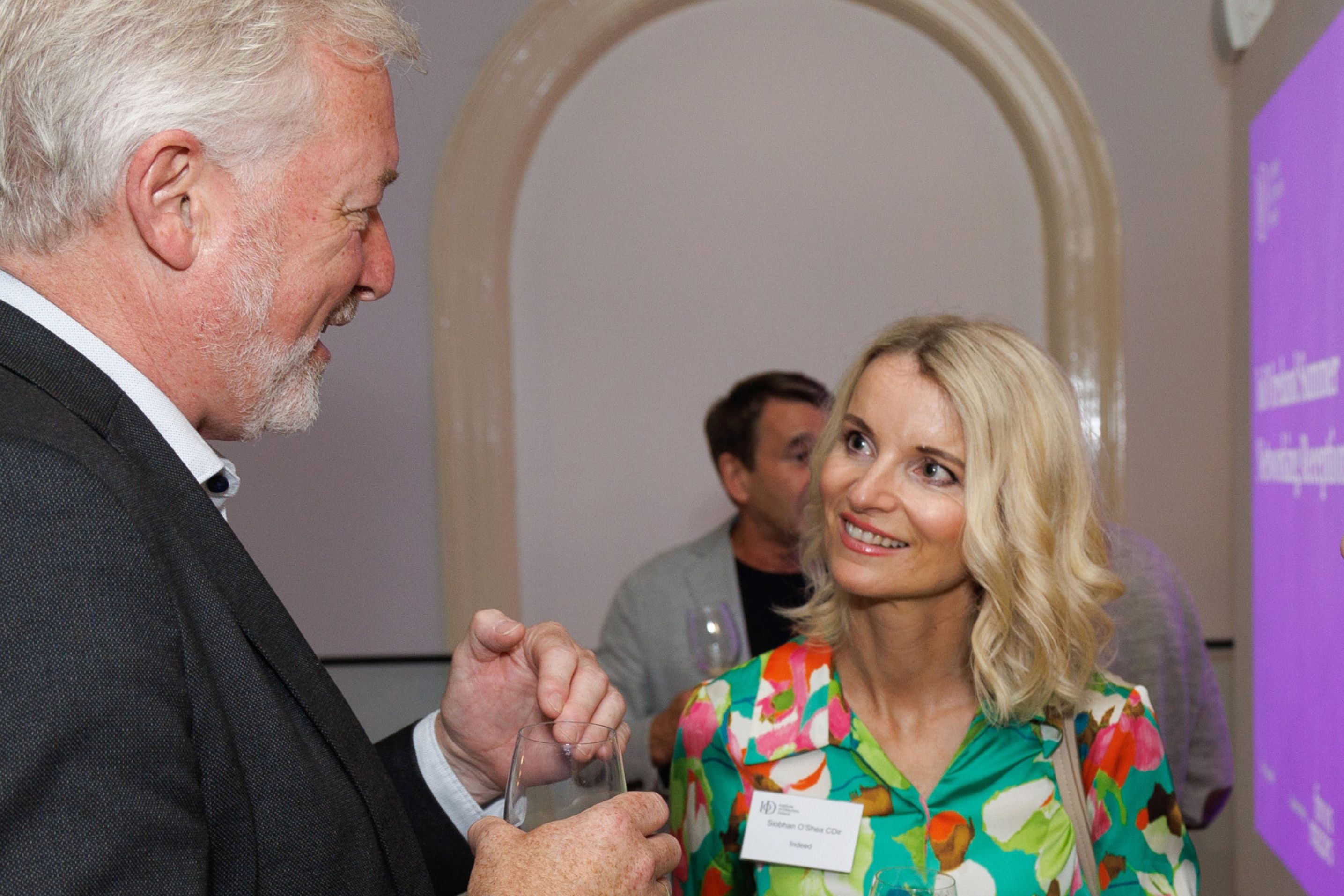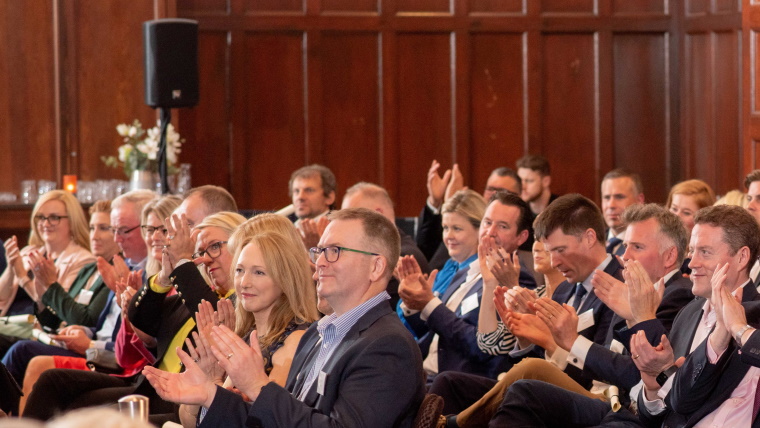Cliona Murphy CDir
Non-executive Director & Business Consultant
Cliona Murphy CDir is an experienced Non-Executive Director & Consultant with extensive global experience driving innovation, operational governance, research & development primarily in the agri-food sector.
Tell us More About Your Background
I bring over 26 years of experience in Consumer Products Research & Development, Innovation, and Business Management, having worked across Europe, the Middle East & Africa, and China/Asia Pacific at PepsiCo. During my tenure, I led global functions such as Quality Assurance and played a key role in driving innovation, technical governance, and achieving results in volatile and challenging markets. I am currently a Director at Bord Bia and have contributed to various boards, including Teagasc, Science Foundation Ireland, and the Global Food Safety Initiative. I have also been an active member of subcommittees focused on Audit & Risk and Remuneration. In addition to my board roles, I run my own consultancy, advising organisations on ESG initiatives and leadership development. I also mentor emerging talent through the IDA’s Future Leaders Programme and lecture at Cork University Business School.
What is the one characteristic you believe every leader should possess?
A good leader requires a myriad of skills to be successful however every leader should possess a degree of humility. It is that which enables a learning environment, an environment for inclusion, collaboration and innovation. That said courage is the characteristic which differentiates great leaders from good leaders. A good leader must be strategic, collaborative, inclusive, humble, and so much more. But a great leader will have the courage to seize opportunities, to make difficult decisions, and to lead in the face of adversity.
What is the most important lesson, from your personal or business life, that has guided you the most in being a business leader?
The most important lesson is that you must be true to your values. But also ensure that your values align to your organisation. When values are aligned energy is released, fuelling growth and creativity and decisions (no matter how tough) can be made and executed more easily. Conversely when the opposite is the case tension exists at an individual and organisational level which saps energy and reduces effectiveness with consequences at a human and organisational level.
Is there someone who has had a major impact on you as a leader? Why and how did this person impact your life?
I have been fortunate to work for and with incredible leaders throughout my career from whom I have learned much. I’ve also worked for some terrible leaders from whom in some ways I have learned even more. One great leader who had a particularly significant impact on me was Indra Nooyi, former CEO of PepsiCo. I had the privilege of meeting her many times and was inspired by her passion for the business to perform with purpose (environment, society, employees and business growth considered as a whole), the courage to follow through on that vision and her humility despite her many achievements. She truly embodied the PepsiCo values and her endlessly curiosity, focus on diversity, and ability to make people at any level in the organisation feel special was remarkable.
What are the biggest business challenges and/or opportunities that you have seen over your career to date? And how did you overcome and/or optimise these?
The biggest challenges and opportunities always occurred at a time of significant change, whether opening up a new market, integrating a major acquisition, or dealing with a crisis. While the degree of response may vary, the change management principles remain the same, ensure you have clarity of purpose, gather around you the right skillset and mindset, create a plan to match the dynamism of the situation, a communication strategy to match. Horizon scanning enables proactivity and can enable opportunities to be created from threats. Adaptability and flexibility are also key, it is rare that change goes in a straight line.
How do you think business leaders can best prepare for the future?
Proactively and continuously learn, actively seek new experiences, new experts and new insights. Maintain an active network outside your organisation and consider reverse mentoring within your organisation.
What do you value most about being a member of the IoD?
The Chartered Director Programme provided an excellent framework to use in my board roles and a tremendous network across a range of businesses. I also really value the learning opportunities in areas such as new technology and regulatory requirements and the various mechanisms to continue to build my network.
What advice would you offer to new or aspiring directors?
For new directors, remember nose in, fingers out! For aspiring directors, be targeted as you look for a board, consider both what interests you and what can you bring to the board table.

